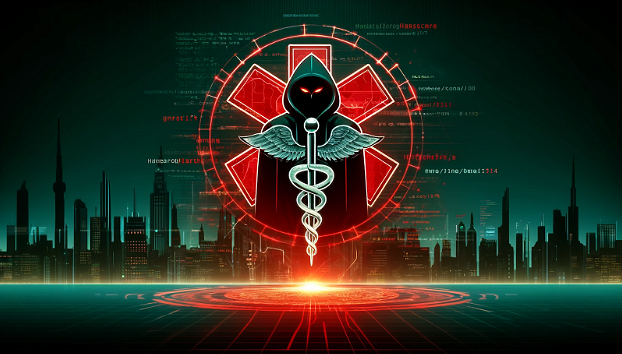Change Healthcare Extorted by 2nd Ransomware Gang

Change Healthcare, an affiliate of UnitedHealth Group, is once again grappling with a ransomware threat. This development follows a recent incident where UnitedHealth Group allegedly shelled out $22 million to the Alphv/BlackCat gang to resolve a previous ransomware attack, as detailed in an earlier report.
Despite this substantial payout, Change Healthcare has now attracted the attention of another ransomware gang, RansomHub. The group claims to hold the same 4TB of data (comprising personal, financial, and medical information of US military personnel and patients) that Alphv used to extort Change Healthcare previously.
The goal of RansomHub is to pressure Change Healthcare into paying a ransom to prevent the public release of the stolen data. “The data has not been leaked anywhere and any decent threat intelligence would confirm that the data has not been shared nor posted,” RansomHub reportedly asserted.
RansomHub seems to have gotten hold of the data after an affiliate of Alphv that achieved the initial intrusion into Change Healthcare’s network, wasn’t paid their cut of the paid ransom. Instead, it appears that Alphv may have taken the money and disappeared, under the guise of the leak site being “seized”. This narrative supposedly came to light from the affiliate themselves, posted in a Russian-language cybercrime forum.
If the above is true, it’s possible that the affiliate retained the data it stole and now switched allegiances to RansomHub in a second attempt to get ransom money. It’s also possible that this is a simple rebrand — RansomHub may be run by core members of the Alphv gang, though there is no conclusive evidence supporting this.
The ongoing cybersecurity challenges faced by Change Healthcare echo a broader trend in the healthcare sector. Pharma giant Cencora recently acknowledged a significant data breach, highlighting the sector's vulnerability to cyberattacks. This series of incidents underlines the urgent need for stronger cybersecurity measures across the healthcare industry, and showcases why paying out ransoms is generally not recommended.



Please, comment on how to improve this article. Your feedback matters!